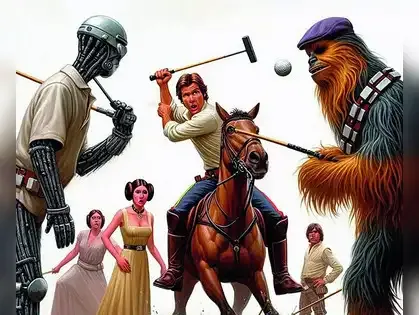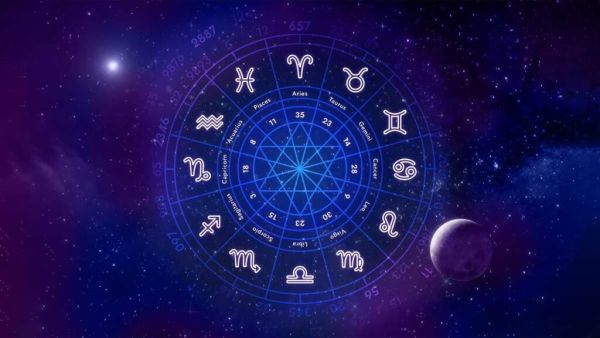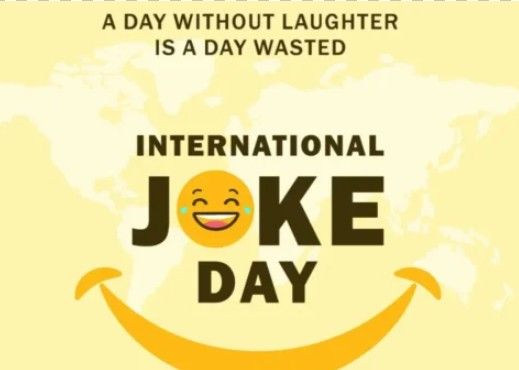How many more people must die from the silly game of polo? India already has had three high-profile casualties. Jaipur's maharaja Man Singh II, who died on the polo field in Cirencester, Britain, in 1970, leaving his wife Gayatri Devi to live her life alone till she was 90. Jodhpur's Shivraj Singh, who went into a coma on a polo field at Rambagh in 2005 for some 11 months before slowly recovering. And its latest victim, industrialist Sunjay Kapur, who - and things don't get more macabre than this - reportedly swallowed a bee while playing polo at the Guards Polo Club at Windsor near London, leading to a heart attack.
In 2022, the 71-yr-old Madhav Buchi Prakash, a polo star from Chennai, also suffered a heart attack during a chukker in Delhi.
Why should the rich be allowed their own form of euthanasia de aristocrat, wrapped in horses and privilege? More importantly, why does (high) society still indulge a colonial residue of a sport- so what if its origins are said to be in the Persian 'chowgan' in ancient Iran - one that's deemed dangerous and seems to exist purely to preserve the aristocratic fantasy of danger being 'thrilling'? Animal rights groups have raised concerns over the treatment of polo horses. But the conversation never breaks through.
Polo is a vanity sport that refuses to die. There's no real reason this so-called 'game of kings' and 'king of games' should not be de-recognised.
As the rest of the world moves forward, this 'elite' sport grows ever more outlandish. Britain's prince Harry Windsor's streaming docuseries, Polo, can be barely registered - it's just a blur of highly dull, buffed-up men bronzed and chapsticked beyond distinction. The cult terminology of 'chukkers' (pronounced 'chukka'), the hat parades in Europe, and the chiffon-and-pearls set at Indian grounds, are about as thrilling as the game itself, where one's never sure who's performing: horse or horseman.
The sport is not just absurd to watch, but it's also so cumbersome-horses needing to be bought and transported. So cumbersome, in fact, that the Olympics discarded it. Now, professional polo hangs suspended in a bubble of its own.
This odd, pointless game of man and horse, ball and stick, might have made sense in the Middle Ages - when horses were always hanging around for carriage duty, and there were enough royal spares and coteries to risk putting on their back without much consequence. Polo is exactly the kind of pastime that would be invented so the spare (human) could be given a function, ideally far from matters of state - or, in the event of a vacancy, prove he could fill shoes without tripping over them.
Polo men, or so the mythology goes, start to resemble their steeds. I know of a former polo player whose face has grown more equine as his hairline recedes. The closeness of man and beast is almost mythic. And who would want to encourage a breed of men for whom you have to compete with horses for company.
The term for those afflicted with this syndrome is 'polo widows' - women, left alone for a long time while their men pursue (or, more correctly, pursue on) horses. And no one seems to bat an eyelid that this term applies to wives and partners left behind by 'polo martyrs'. It seems to be so noble for men to go off to get maimed or die playing a sport that no one (read: ordinary folk) watches.
It's the only game where amateur players can ride a horse and compete with professional players, simply because the former own a team. And what sort of rules does this game follow anyway? A 50-plus man playing a high-speed ball game while mounted is a disaster waiting to happen. Are there no age limits? No athletic thresholds? Or are we still pretending that money and lineage can override basic biology?
Money can get you seven horses, a saddle stitched in Argentina, and a team of grooms. But really, to what end?
In 2022, the 71-yr-old Madhav Buchi Prakash, a polo star from Chennai, also suffered a heart attack during a chukker in Delhi.
Why should the rich be allowed their own form of euthanasia de aristocrat, wrapped in horses and privilege? More importantly, why does (high) society still indulge a colonial residue of a sport- so what if its origins are said to be in the Persian 'chowgan' in ancient Iran - one that's deemed dangerous and seems to exist purely to preserve the aristocratic fantasy of danger being 'thrilling'? Animal rights groups have raised concerns over the treatment of polo horses. But the conversation never breaks through.
Polo is a vanity sport that refuses to die. There's no real reason this so-called 'game of kings' and 'king of games' should not be de-recognised.
As the rest of the world moves forward, this 'elite' sport grows ever more outlandish. Britain's prince Harry Windsor's streaming docuseries, Polo, can be barely registered - it's just a blur of highly dull, buffed-up men bronzed and chapsticked beyond distinction. The cult terminology of 'chukkers' (pronounced 'chukka'), the hat parades in Europe, and the chiffon-and-pearls set at Indian grounds, are about as thrilling as the game itself, where one's never sure who's performing: horse or horseman.
The sport is not just absurd to watch, but it's also so cumbersome-horses needing to be bought and transported. So cumbersome, in fact, that the Olympics discarded it. Now, professional polo hangs suspended in a bubble of its own.
This odd, pointless game of man and horse, ball and stick, might have made sense in the Middle Ages - when horses were always hanging around for carriage duty, and there were enough royal spares and coteries to risk putting on their back without much consequence. Polo is exactly the kind of pastime that would be invented so the spare (human) could be given a function, ideally far from matters of state - or, in the event of a vacancy, prove he could fill shoes without tripping over them.
Polo men, or so the mythology goes, start to resemble their steeds. I know of a former polo player whose face has grown more equine as his hairline recedes. The closeness of man and beast is almost mythic. And who would want to encourage a breed of men for whom you have to compete with horses for company.
The term for those afflicted with this syndrome is 'polo widows' - women, left alone for a long time while their men pursue (or, more correctly, pursue on) horses. And no one seems to bat an eyelid that this term applies to wives and partners left behind by 'polo martyrs'. It seems to be so noble for men to go off to get maimed or die playing a sport that no one (read: ordinary folk) watches.
It's the only game where amateur players can ride a horse and compete with professional players, simply because the former own a team. And what sort of rules does this game follow anyway? A 50-plus man playing a high-speed ball game while mounted is a disaster waiting to happen. Are there no age limits? No athletic thresholds? Or are we still pretending that money and lineage can override basic biology?
Money can get you seven horses, a saddle stitched in Argentina, and a team of grooms. But really, to what end?
(Disclaimer: The opinions expressed in this column are that of the writer. The facts and opinions expressed here do not reflect the views of www.economictimes.com.)









Kanika Gahlaut
Journalist, author and artist